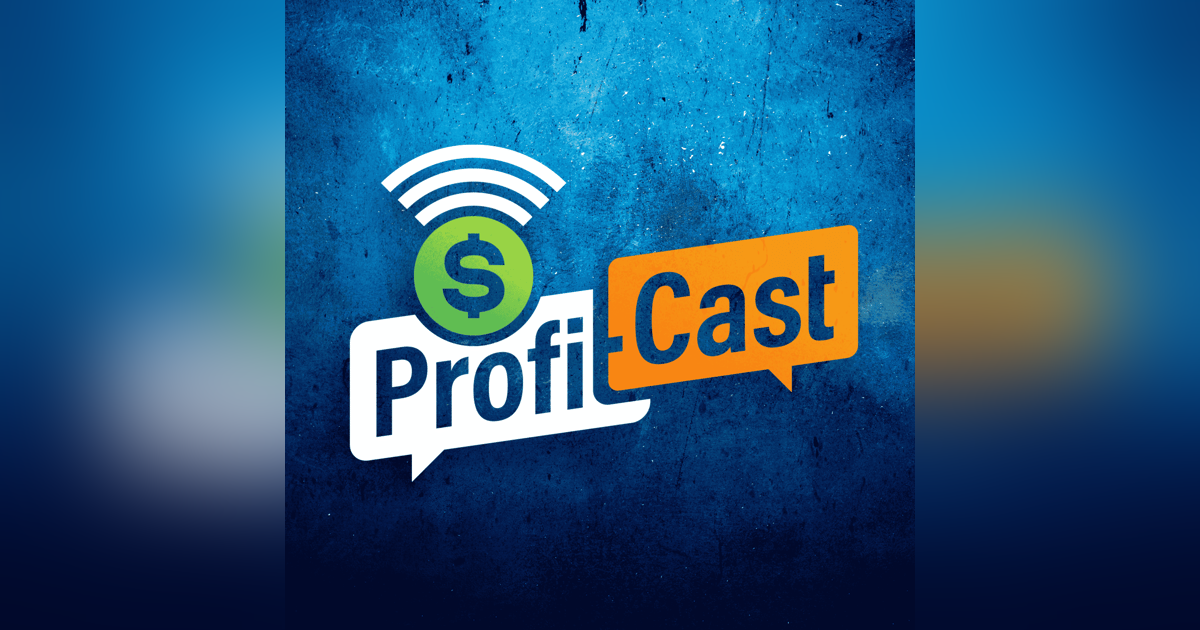54: Selfish & Selfless Podcaster: How To Be Both!


Selfish versus selfless. Both of these terms deal with where a person’s concern lies; with oneself or with others? We’ve talked about this dichotomy in less explicit terms for the last couple weeks without even realizing we were...
Selfish versus selfless. Both of these terms deal with where a person’s concern lies; with oneself or with others? We’ve talked about this dichotomy in less explicit terms for the last couple weeks without even realizing we were building up to this podcast. As it goes, podcasting isn’t just about the podcaster, it’s not just about the host. Yes, you [the podcaster] decide on a topic and begin making your commentary on that topic available, but the moment you have one single listener, it is no longer just about you.
And yet, it isn’t solely about the audience either. In fact, swinging to either end of the spectrum is unhealthy for a podcast. We cannot make decisions based only on how we feel. Step back from podcasting for a moment and think about other decisions you make everyday. Imagine making every decision, whether it is with a spouse or a friend, at work or at the grocery store, based only on feeling. Some of us would be getting divorced or married every other day! Some of us would quit our jobs every day! And we all know what it’s like to go grocery shopping while hungry… It takes extraordinary responsibility and willpower to get only the things we need (and not buy three cartons of Oreos).
In this episode of Profitcast, Brian spends a great deal of time making reference to finding a healthy balance between doing what we want (the selfish part) and doing what is good for our audience (the selfless part). The episode title of last week threw many listeners into a [unintentional] frenzy, and yet it helped to solidify some unknowns to Brian because of the emotional responses he received. Ultimately, the decision to keep going is completely up to Brian, but he would be remiss not to take into consideration the members of his audience that he’s been cultivating over the last year.
On the selfish side of things, Brian can look at the last year and think about the time, effort, and hustle he’s put into making this podcast successful. Sometimes when we look at where we are and where we wanted to be we become discouraged and the scales of our balance feel significantly lopsided. In such cases we have to honestly ask ourselves if continuing to move forward is the best decision for our own health. Brian shares a great example of when walking away from a project was actually the right thing to do, and I am personally very glad he shared this story because he put into words what I’ve been long trying to understand myself. He and I started a podcast last Fall, were super excited about it, and found ourselves frustrated after four months because of several imbalances. It became the right decision to step away, and I think you will get a lot out of hearing this story from beginning to end.
And yet, when Brian recalibrated a couple weeks ago and realized he wasn’t on exactly the right path it was easier to keep going when he could see the adjustments he could make in order to get back into hustle mode. It’s a lot easier to hustle when you’re doing the right thing in the right way! When you start to feel lazy or frustrated, take a step back, figure out where that frustration is coming from, and redirect your path. It may make all the difference!
Finding that healthy balance between being selfish and selfless is part of life. Whether it’s podcasting, a relationship, or a career, we must find a balance between doing what we want to do and doing what other people want from us. Familiar with the utilitarian approach?
1) identify all courses of action
2) determine who will be affected by which action and the benefit or harm that will occur in each situation
3) choose the action which will produce the best benefit and the least harm.
(For more information, check out Jeremy Bentham’s philosophy on the Happiness Principle.)
If you’re frustrated or unhappy with your podcast and are asking questions like, “Am I a good fit for my topic/podcast?” It may be time to do a full assessment. What do you want? What do your listeners want? Can your skills and expertise efficiently cater to the desires of your audience? It will do no one any good if you are simply pandering to an audience because you have an audience. Be honest with yourself and with your listeners and they will respect you for it.
PATREON
Would you please consider supporting Profitcast through Patreon? I would be ETERNALLY grateful! Thank you to ALL who have come alongside Profitcast through Profitcast Patreon
The foundation of Profitcast has been to pioneer techniques of turning passion into profit. Many podcasters have been successful with Patreon, and Brian hopes to provide meaningful insights and suggestions on how to launch your own campaign.
Links!























